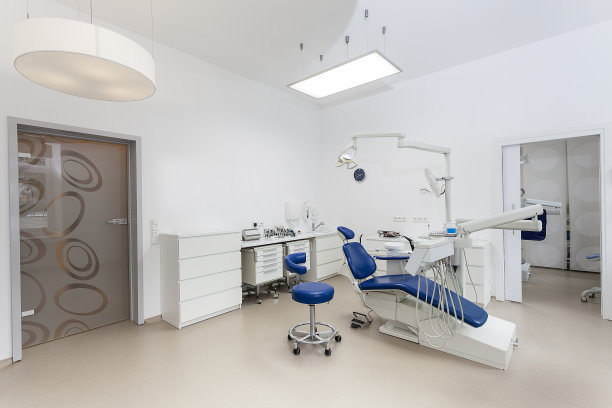Essential Precautions to Ensure Success and Safety During Dental Implantation Procedures
Summary: Dental implantation procedures, while promising long-term restoration of oral function and aesthetics, require meticulous planning and execution to ensure success and safety. This article outlines essential precautions to take before, during, and after the implant procedure. Key areas of focus include patient evaluation, sterile operating environments, proper surgical techniques, and effective post-operative care. By adhering to these best practices, dental professionals can mitigate risks and enhance outcomes for their patients, leading to successful implant procedures and overall satisfaction.
1. Comprehensive Patient Evaluation Procedures

A comprehensive patient evaluation is crucial for determining candidacy for dental implants. Initial assessments should include thorough medical history inquiries to identify any contraindications, such as uncontrolled diabetes or bleeding disorders. These factors can greatly affect the success rate of the implantation.
Moreover, dental professionals should conduct a detailed oral examination. This should encompass assessing the condition of existing teeth and surrounding tissues, including gum health. A clear understanding of a patient’s oral condition helps in formulating a tailored treatment plan that maximizes success chances.
Additionally, imaging techniques such as X-rays or 3D cone beam computed tomography are imperative. These imaging methods allow for precise evaluation of bone density and structure, aiding in the selection of the right implant size and position.
2. Maintaining a Sterile Operating Environment
Creating and maintaining a sterile operating environment is paramount in any surgical procedure, including dental implants. Strict adherence to sterilization protocols can significantly reduce the risk of infections, which are a major concern post-surgery.
Instruments used during the procedure must be sterilized according to established guidelines. This involves utilizing autoclaves and ensuring that every surgical tool is properly disinfected before and after use. Furthermore, dental practitioners should regularly clean and disinfect the surgical area to minimize microbial presence.
Equally important is the personal hygiene of the surgical team. Wearing sterile gloves, masks, and gowns helps prevent the introduction of pathogens during the procedure. Additionally, proper hand washing techniques must be observed rigorously, adhering to standard infection control measures.
3. Employment of Proper Surgical Techniques
Using proper surgical techniques is essential to avoid complications during the dental implantation process. Surgeons should be well-versed in the various types of implants available and the techniques necessary for their placement. This expertise fosters successful procedures tailored to individual patient needs.
During surgery, careful handling of tissue is critical to minimize trauma and facilitate healing. Adequate flap design and closure techniques can enhance the healing process and promote better esthetic outcomes post-implantation.
Furthermore, adherence to a well-designed surgical protocol that includes accurate implant placement ensures optimal functional outcomes. Successful angulation and torque must be employed during insertion to achieve maximum stability and integration with the jawbone.
4. Effective Post-Operative Care Measures
Post-operative care is a vital component of the dental implant journey. Patients should receive clear instructions about aftercare to promote healing and avoid complications. This may involve dietary restrictions, pain management advice, and oral hygiene practices applicable to the surgical site.
Regular follow-up appointments should be scheduled to monitor healing and the implants integration into the jawbone. These visits enable dental professionals to address any potential concerns and ensure patients adhere to recovery protocols.
Additionally, patients should be educated on the risks of habits such as smoking and excessive alcohol consumption, which can adversely affect implant success. Effective communication about the importance of these factors can greatly enhance the longevity of dental implants.
Summary:
To summarize, ensuring success and safety during dental implantation procedures requires a multifaceted approach. Comprehensive patient evaluations, maintaining a sterile environment, employing proper surgical techniques, and advocating effective post-operative care are essential precautions every dental professional should follow. Adhering to these guidelines not only promotes positive patient outcomes but also contributes to the overall advancement of implant dentistry.
This article is compiled by Vickong Dental and the content is for reference only.



